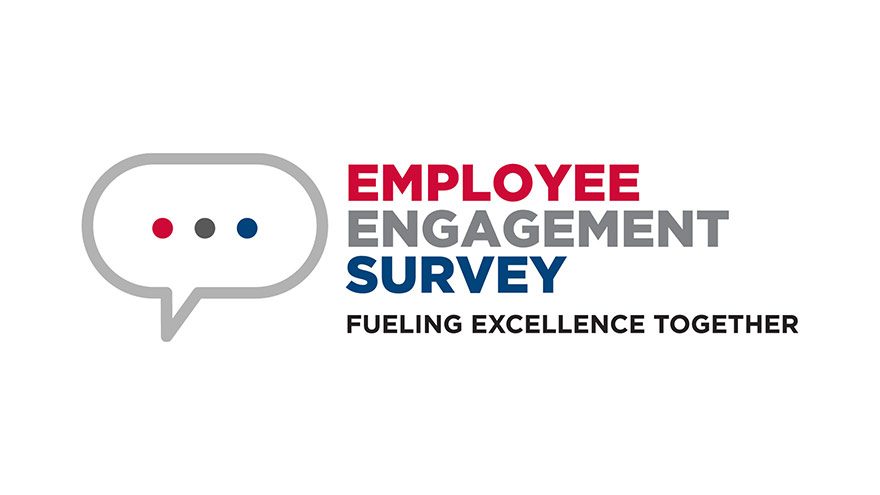“Raise your hand if you have ever experienced any kind of conflict at work.”
In a room of five, 10 or even 100 people, most would probably raise a hand in response.
Conflict is a natural part of working in a diverse environment with others who have different backgrounds, perspectives, needs, goals and experiences that may impact how they show up at work. While conflict is common and to be expected, it doesn’t mean it’s easy to deal with.
From an eye roll, a colleague’s neglecting to return a smile, or a rude comment, to discrimination, harassment and abusive behavior, dealing with conflict at work can be one of the most stressful and life-impacting experiences someone can have. Conflict is often complex and confusing, and high emotions can cloud the ability to manage it well.
This is where MWI, Metropolitan State University of Denver’s virtual ombuds team, can help.
What situations can the ombuds team help address?
An employee can talk virtually to an ombuds about any workplace-related issue, big or small, including:
- Communication challenges
- Unfair treatment
- Abrasive behavior
- Microaggressions
- Difficult group dynamics
- Fear of speaking up or advocating for yourself or others
- Confusing/concerning processes or procedures
- Harassment/discrimination
What is the process?
Employees can contact the ombuds confidentially through the University’s dedicated MWI page.
The ombuds will first listen and ask questions to understand the situation as the employee experiences it. Then, they will talk through options that might help.
The ombuds can help an employee:
- Sort through whether they want to do anything and, if so, determine what might help get them what they need.
- Learn how to voice their concerns in a way that doesn’t escalate the situation.
- Develop strategies to manage or mediate group conflict.
- Have a facilitated conversation with another employee.
- Determine options for reporting a concern and discuss possible outcomes.
- Understand how to navigate policies, procedures and other organizational resources.
The ombuds doesn’t tell anyone what to do or advocate for any particular outcome but can help someone develop a plan that they feel good about.
How is the ombuds team different from other resources?
The ombuds resource is unique in that it is strictly confidential, impartial, informal and independent. It is a safe place to share all concerns and explore options without the possibility of anyone else getting involved or knowing about the issue. The only exceptions to confidentiality are if there is imminent risk of harm to someone or if the employee gives permission to the ombuds to share their name and the ombuds agrees. The ombuds cannot participate in any formal processes such as grievances, investigations, etc., but can help an employee understand how to navigate formal reporting channels if desired.
How can an employee set up a meeting or learn more?
The MSU Denver Ombuds Team serves all staff and faculty members. To learn more or book a confidential appointment, visit mwi.org/msu-ombuds.







